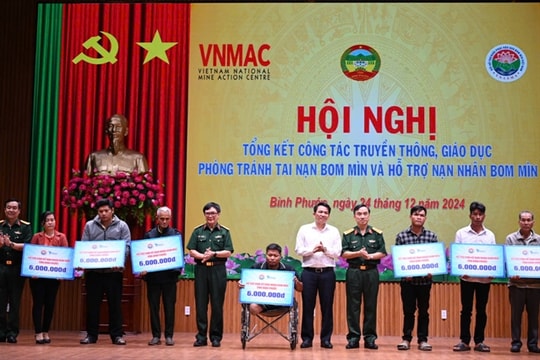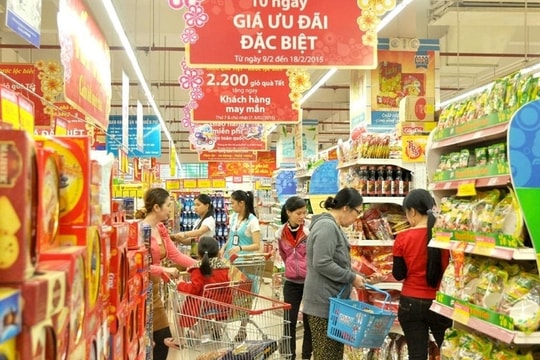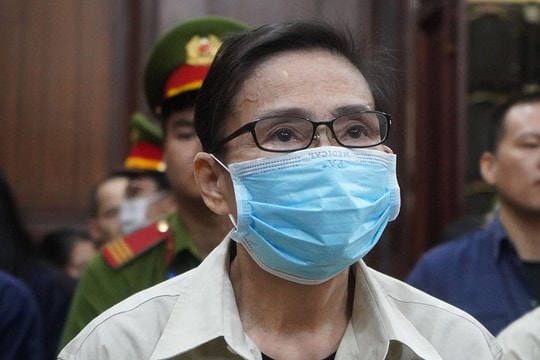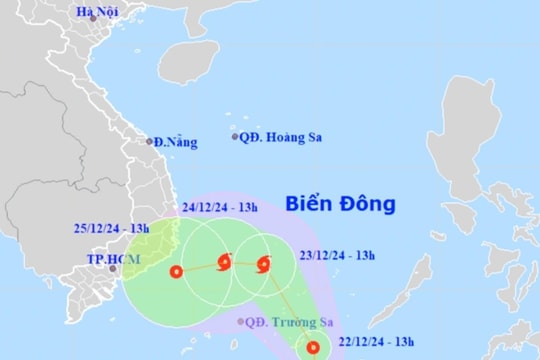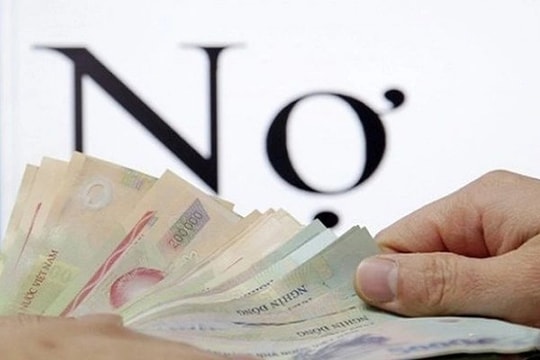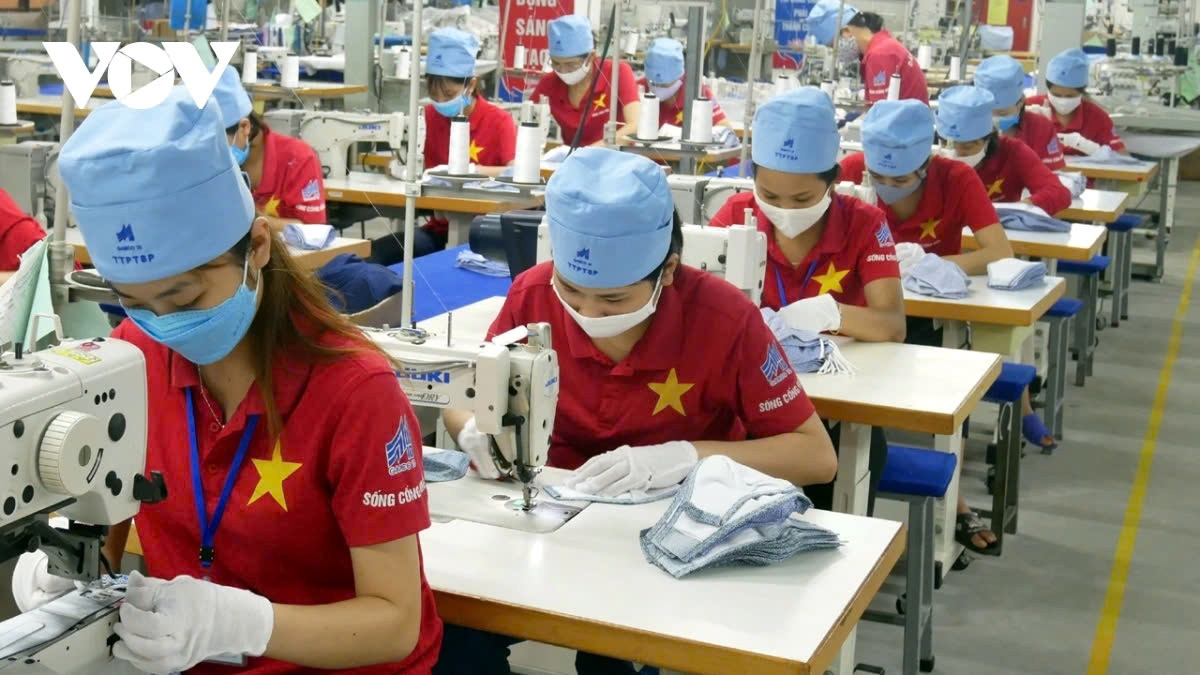
The Vietnamese textile and garment industry seized a significant number of orders shifting from Bangladesh in 2024, contributing to the industry’s revenue milestone of US$44 billion, representing an 11% growth, said Cam.
According to the official, Vietnam is experiencing the best export growth rate in the world among major apparel and textile exporting countries.
Cam cited statistics showing that China, after 11 months, raked in approximately US$273.4 billion from textile and garment exports, a slight increase of 0.2% compared to the same period last year, while Bangladesh, that is Vietnam’s strongest rival, recorded a 3.7% decline in textile and garment exports in 10 months to only US$27.7 billion.
Following Vietnam is India, whose textile and garment exports also saw growth ranging from 6.9% to 7%. Despite having a product range and geographical advantage similar to Bangladesh, India benefited the most from the trend of orders shifting away from Bangladesh in the past year.
Other leading exporters, such as Sri Lanka and Turkey, also benefited from the shift in orders from Bangladesh. Notably, Turkey has a major market in Europe, which is also the main destination for Bangladesh’s textile exports. However, the textile exports of these two countries are not large, and their export scale and competitive advantages do not match those of Vietnam.
However, Cam warned that these results may only last for a certain period, noting that Bangladesh’s exports have been recovering market share in September and October. Therefore, there is a possibility that Bangladesh will soon recover its textile exports and competition will return.
It is expected that in the first half of 2025, the garment industry will continue the momentum from the end of 2024 and will see some positive growth signals as key markets such as the US and the EU recover economically. In addition, consumer income and spending are likely to improve as the interest rate reduction roadmap continues, said Cam.
At the press briefing, Cao Huu Hieu, Vinatex general director, said the textile industry in general, and Vinatex in particular, has gone through a year of significant challenges and changes in 2024.
He recalled that in 2023, after 30 years of engaging in exports, the textile industry experienced a double-digit decline for the first time compared to 2022. In the first half of the year, the market and orders, as well as export prices, were still at a low base from 2023, but the situation improved in the second half, helping the industry go through difficult times and achieve a growth target of 11%.
Building on the improved market conditions, many companies now have orders through the first quarter of 2025, with a few businesses having orders extending to April and May 2025, said Hieu.
In his views, Vinatex will now focus on several key pillars, including rebuilding the overall competitiveness of the entire system, focusing on training and development, and utilizing a shared pool of senior human resources to lead other units.
The Group will continue promoting the greening of its products and investing in automated equipment and advanced technologies, while linking them with green economy and circular economy principles, and researching new and innovative products, he concluded.




